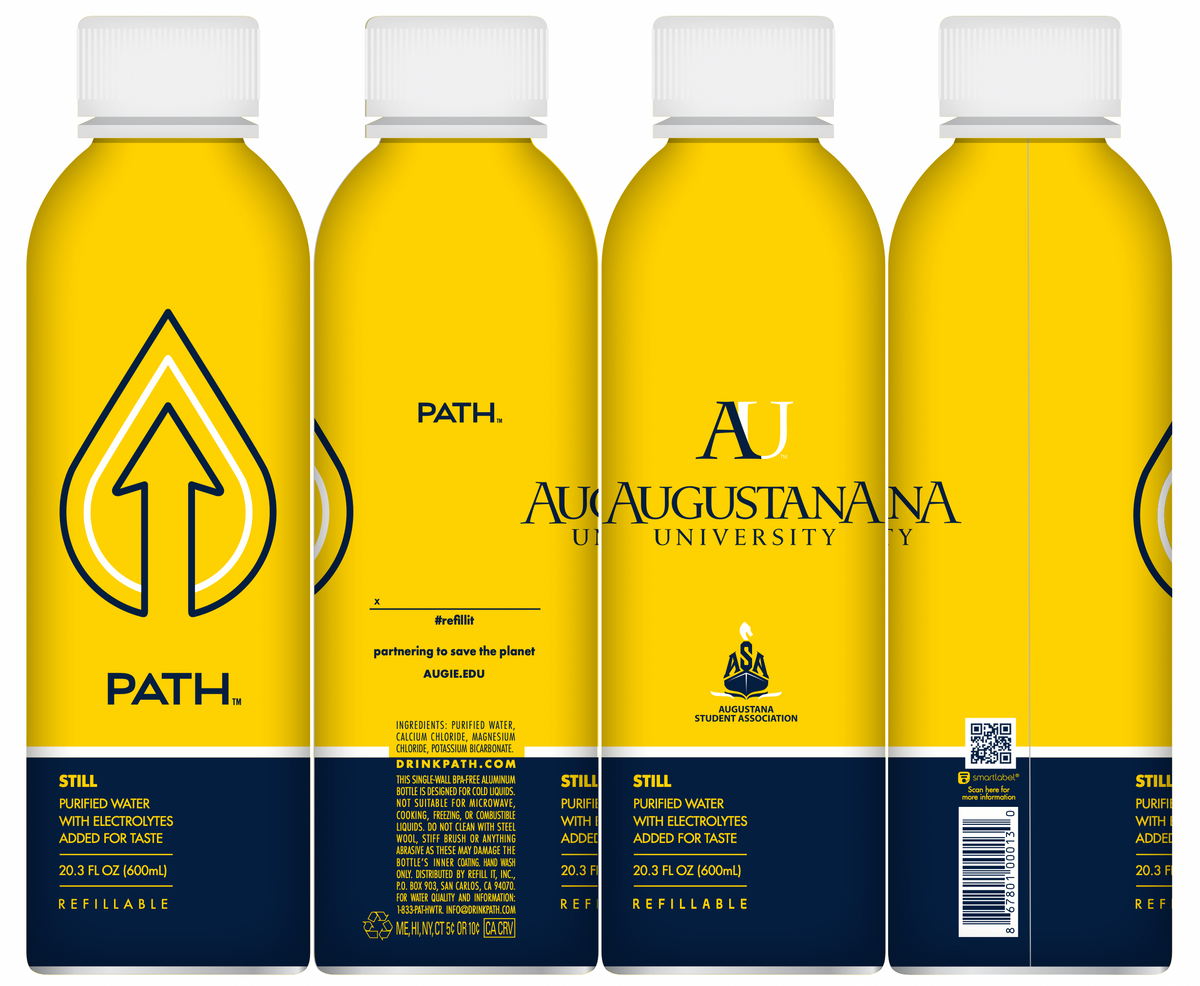ASA cancels contract with Pathway to buy reusable water bottles

ASA President Sara Alhasnawi vetoed Resolution 1024 on Dec. 4, canceling the $18,000 purchase of 10,000 water bottles with the recyclable water bottle company, Pathway.
Alhasnawi said she vetoed the resolution because of continuous communication issues with Pathway.
“They have not been in communication with us for nearly a month and it became concerning as we were still unsure about the status of the bottles, in terms of whether or not they were in production,” Alhasnawi said. “After Mark [Blackburn, the dean of students,] left countless calls that did not go through, we decided that we needed to veto this as the situation was not feasible for our distribution plans.”
Alhasnawi also said she did not want next year’s senate to be saddled with distributing the water bottles if they were further delayed.
There were no binding contractual obligations with Pathway, so the ASA informed the company they were canceling the purchase.
According to Cal Irvine, the ASA treasurer, the $18,000 set aside for the water bottle purchase remains in the ASA accounts. The money may be used for different projects on campus including funding a transportation van for international students, funding a late night event with Rec Services, and reinstating UBG’s allocation of the ASA’s budget from 25% to 35%. These ideas have yet to be voted upon by the full senate and are not yet finalized.
Alhasnawi said the ASA is still working towards other sustainability initiatives in lieu of the water bottle purchase such as installing electric vehicle chargers, bringing Lyft scooters to campus, buying more outdoor equipment and picnic tables, and increasing the number of bikes on campus.
The Mini-Grant will still be changed to a sustainability fund, but will now be funded through the ASA general account instead of through water bottle sales.
“The potential profits from the water bottles was not crucial for the sustainability of the mini-grant fund,” Irvine said. “The spike of money would have allowed ASA to reach out to many [recognized student organizations] or partnerships on sustainable projects. That being said, we still have many sustainability-related projects coming down the pipeline that are feasible with our current budget.”



